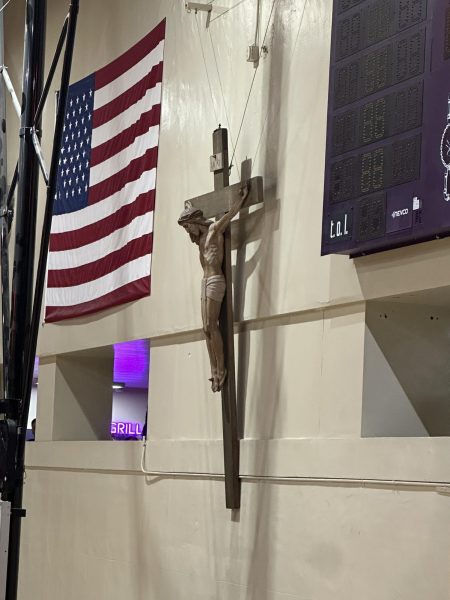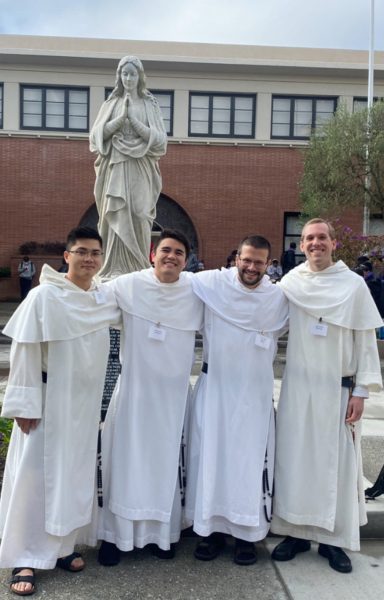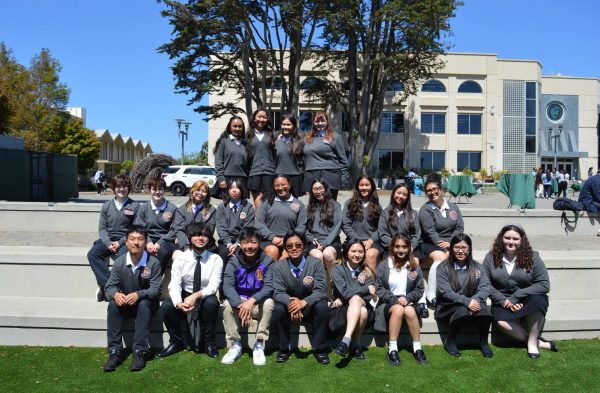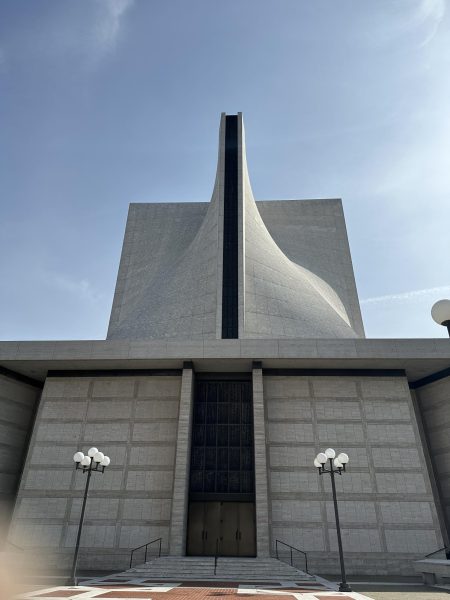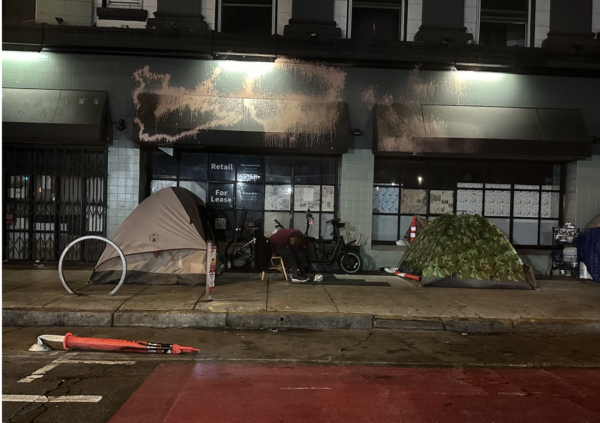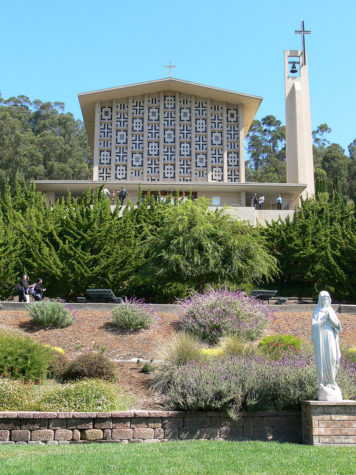SB 360 threatens sanctity of confession
October 31, 2019
“For Catholics, confession is sacred, and the ability to confess our sins confidentially is essential to your religious belief and practice,” Archbishop Cordeileone said on June 23, 2019.
Under Catholic liturgical law, priests are not to share any information during a private confession; however, SB 360, a California bill, would have required members of any religious affiliation, whether it be Roman Catholic, Lutheran, or Orthodox, to report any knowledge of child abuse cases to the authorities, including during private confessions. This would require priests to break the sacramental seal of confession.
Oakland’s Bishop MichaelBarber was more extensive in saying, “Even if this bill passes, no priest may obey it. I will go to jail before I will obey this attack on our religious freedom.”
Most people who are against this bill are religious groups who stand by undisclosed conversation and respect the sanctity of the confessional. Father John Jimenez said, “Whatever a person tells me in confession is between that person and God and my role is to listen, and if I can help guide them through their problem or sin, then I cannot reveal that to anybody, even to the point of death.”
The Child Abuse and Neglect Reporting Act passed in 1980, and there are 46 categories of mandated reporters including teachers, daycare employees, social workers, therapists, etc. who are obligated to report any suspected abuse or neglect to law enforcement. The new bill proposed on May 23, 2019, would have removed the penitential communication exemption from clergy.
In 1997, the act included clergy members as mandated reporters, but they do not have to file a report when they “acquire knowledge or reasonable suspicion… during a penitential communication.”
Tomizo Callejas ’20 said that it would “Violate the freedom of religion,” which is the First Amendment in our Constitution.
This comes during a time when Catholic clergy are increasingly being accused of scandalous acts, including child abuse.
The bill passed in the California Senate 30 to 4 on May 23. State Senator Jerry Hill (San Mateo), who is behind this bill, said in media reports, “[The bill] had one purpose only, not to restrict faith, but to ensure the protection of the most vulnerable of the faithful: children.”
California withdrew the bill on July 9. California is not the only state to have proposed a similar law, as states like Connecticut, Mississippi, and Texas have seen similar legislation.
However, California is the first state to withdraw this bill, because of so much controversy, especially from members of the Catholic Church.



